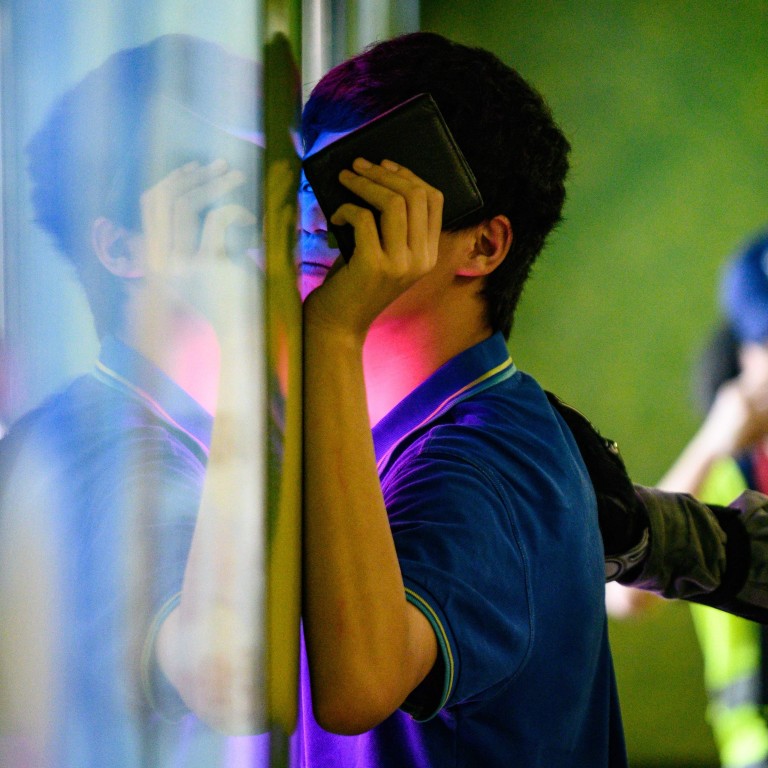
Letters | Liberate Hong Kong? First, let’s not be prisoners of our political views
- People are not their thoughts. Those who identify too much with whatever their minds say are trapped by their thoughts
- The rift in Hong Kong is a result of people from the yellow and blue camps clinging too firmly to their own ideas
People are welcome to have political views and to take positions on the present situation in Hong Kong. Nevertheless, they should not take their views so seriously. In other words, they should not identify too much with what their minds say about the situation.
It is important to know you are not your thoughts. If people take their thoughts and viewpoints to be their identity – their sense of self – then they will be trapped or imprisoned in them. They will be unable to see things clearly. Buddha says that if you want to end suffering, you need to be liberated from your mind.
The unconsciousness of human beings is the crux of the problems today. Peace can only come when people go deep within themselves and beyond their minds, to the core of who they truly are. To paraphrase Thich Nhat Hanh, if you free yourself from views and words, reality reveals itself to you. There is peace, joy and love, and this is nirvana.
Patrick Wong, Pok Fu Lam
Hongkongers, think critically and debunk fake news
The recent unrest in Hong Kong has led to people becoming highly emotional, which is worsened by the deluge of rumours, misinformation and fake news. It is therefore imperative that Hongkongers resolve to stay calm and clear-headed, and to act rationally.
Although the case is still under investigation, it has already been widely publicised in posters and slogans as evidence of police brutality. Many people appeared with their right eyes covered with gauze at sit-ins.
Li Ka-shing is right: young people need a way out
Evidence is the key to distinguishing between belief and fact. Have the protesters in mourning checked with the Hospital Authority whether there were any casualties recorded that night, or wondered why no bereaved families spoke out or sued the police for killing their loved ones?
So whenever we see a piece of news or a forwarded message, we must ask: Is the message a belief, an opinion or a fact? Is there any reliable evidence supporting the news? What is the strength of the evidence in relation to the credibility of the source? Is there any bias? Is the conclusion drawn supported by the evidence presented? And, most importantly, we must learn to separate our emotional responses from logical thoughts.
Only through critical thinking will we be able to make wise assessments of news or messages we receive every day and not be blinded by misinformation. This is particularly necessary in this time of turmoil.
Sally Fok, Ho Man Tin

